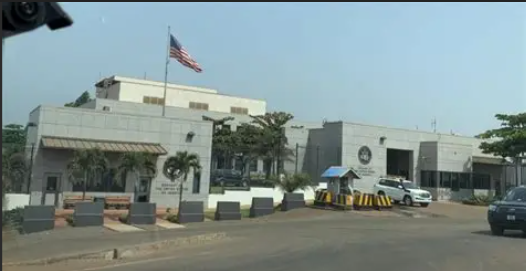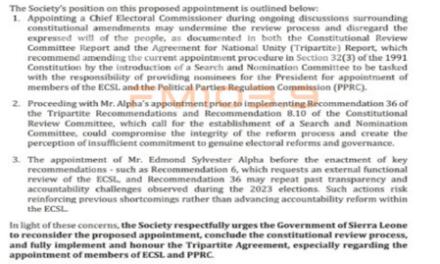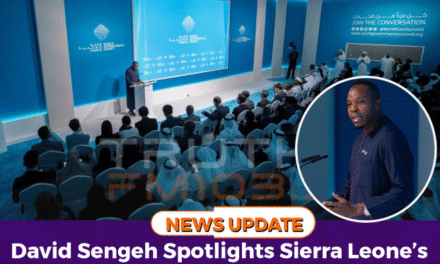By: Emmanuel Mbowa
Freetown, 18th August 2025 -For many young Sierra Leoneans, the United States has long represented the ultimate academic dream, a place where hard work and ambition could lead to global opportunities. But that dream is beginning to unravel, as recent U.S. visa restrictions cast a dark cloud over the hopes of students who have spent years preparing for life-changing educational journeys abroad.
The disappointment is profound in Freetown, where students who once eagerly planned for graduate programs and international scholarships now find themselves in limbo. The partial visa ban, imposed by a U.S. presidential proclamation, lists Sierra Leone among seven countries facing new non-immigrant visa restrictions. The move, aimed at curbing illegal immigration and overstay rates, has left many students stunned and deeply discouraged.
“It feels like a door has been temporarily shut just when many of us were ready to step through it,” says Alhaji Musa Bah, a mass communication graduate whose sights were firmly set on postgraduate studies in the U.S. “We put in the work. We followed the rules. Now, everything is on hold.”
For Musa and countless others, the ban is more than a bureaucratic hurdle, it is a personal setback. Many had secured admissions, scholarships or were finalizing documentation for government-sponsored programs such as the Fulbright Foreign Student Program. Now, their plans hang by a thread, with no clear communication from local authorities or the U.S. Embassy about what comes next.
“I would like to see the government take a proactive stance,” Musa pleads, “especially through diplomatic engagement to clarify the terms and find a path forward for us.”
The U.S. Embassy in Freetown has stated that students already holding valid, unexpired visas may still travel to the U.S., provided they remain in lawful student status. Jacqueline Moore, Public Affairs Officer at the Embassy, noted that even students with expired visas may stay in the U.S. if their I-94 form permits it and they are in good standing. But she made it clear: “Under the suspension, we are not renewing F, M, or J visas”, categories critical for international students and exchange visitors.
That statement alone has shattered months, even years, of planning. Edward Boima, a graduate of public relations and marketing, is among the many who feel betrayed. “I waited for nearly two years after graduation without enrolling in any postgraduate course locally because I had fully committed to pursuing my Master’s program in the U.S. I invested everything, time, money, energy. Now I do not even know where I stand.”
With Sierra Leone ranking eighth globally in student visa overstay rates reportedly at 35.83%—the U.S. has taken a hard line. Moore confirmed that the U.S. is expanding efforts to remove foreign nationals residing unlawfully and advised overstaying Sierra Leonean students to leave voluntarily or face detention and deportation. “Friends and family members of those who have overstayed should urge them to return immediately,” she warned.
But for students who have followed all legal and academic protocols, the sweeping restrictions feel like collective punishment. There has been no public response from either the Ministry of Technical and Higher Education or the Ministry of Foreign Affairs and International Cooperation. For applicants to major programs like Fulbright, silence from both governments has only deepened the sense of abandonment.
For a generation of students striving to lift themselves and their country through education, the uncertainty is not just frustrating; it is heartbreaking.
“We worked for this,” Edward says. “We believed in the process. And now, we’re being told: not now, maybe never.”









